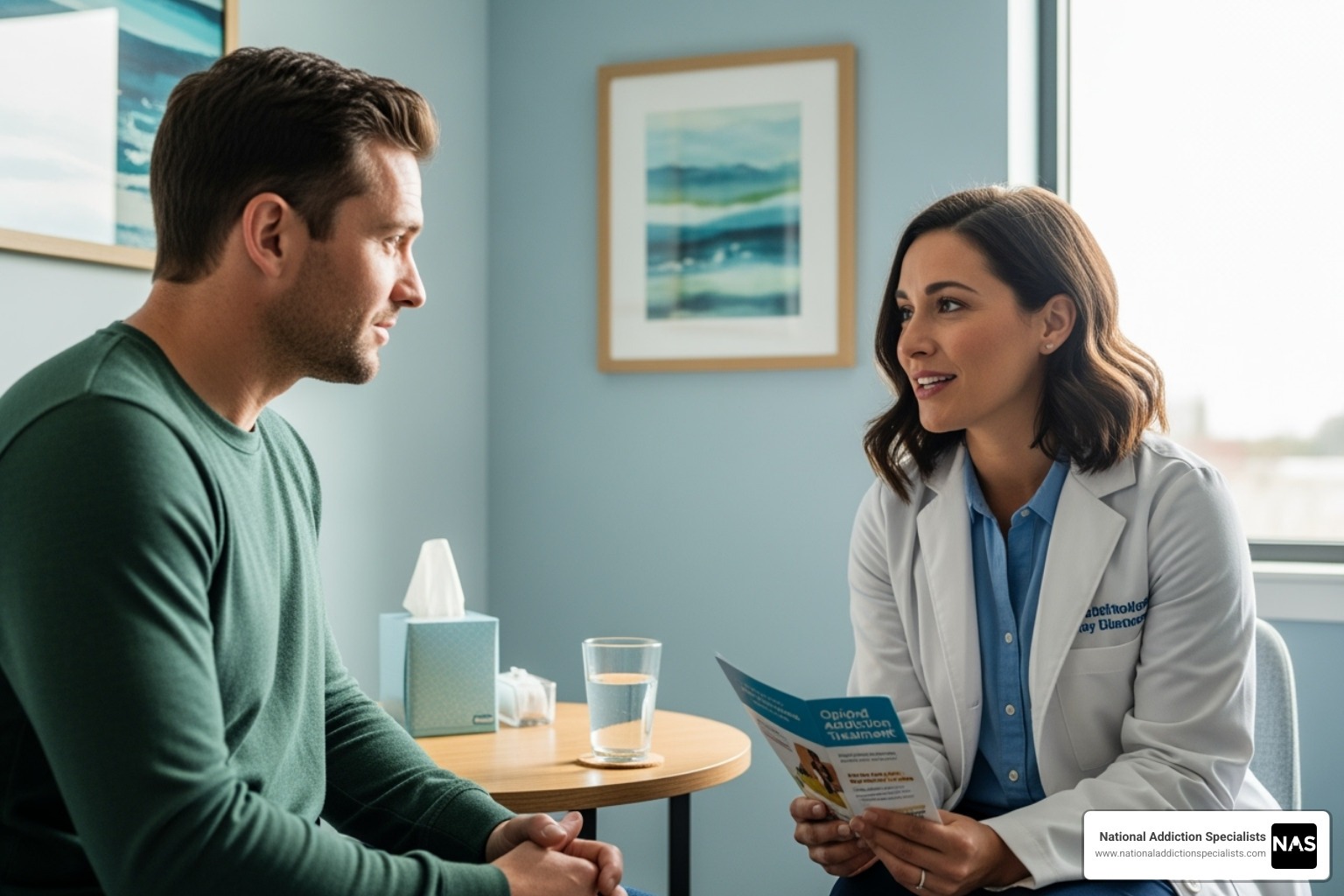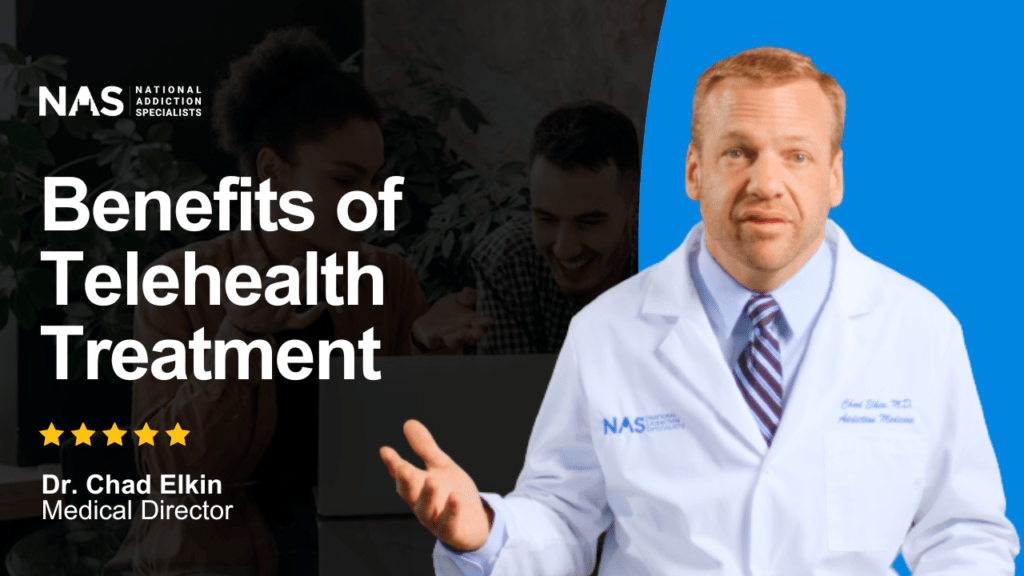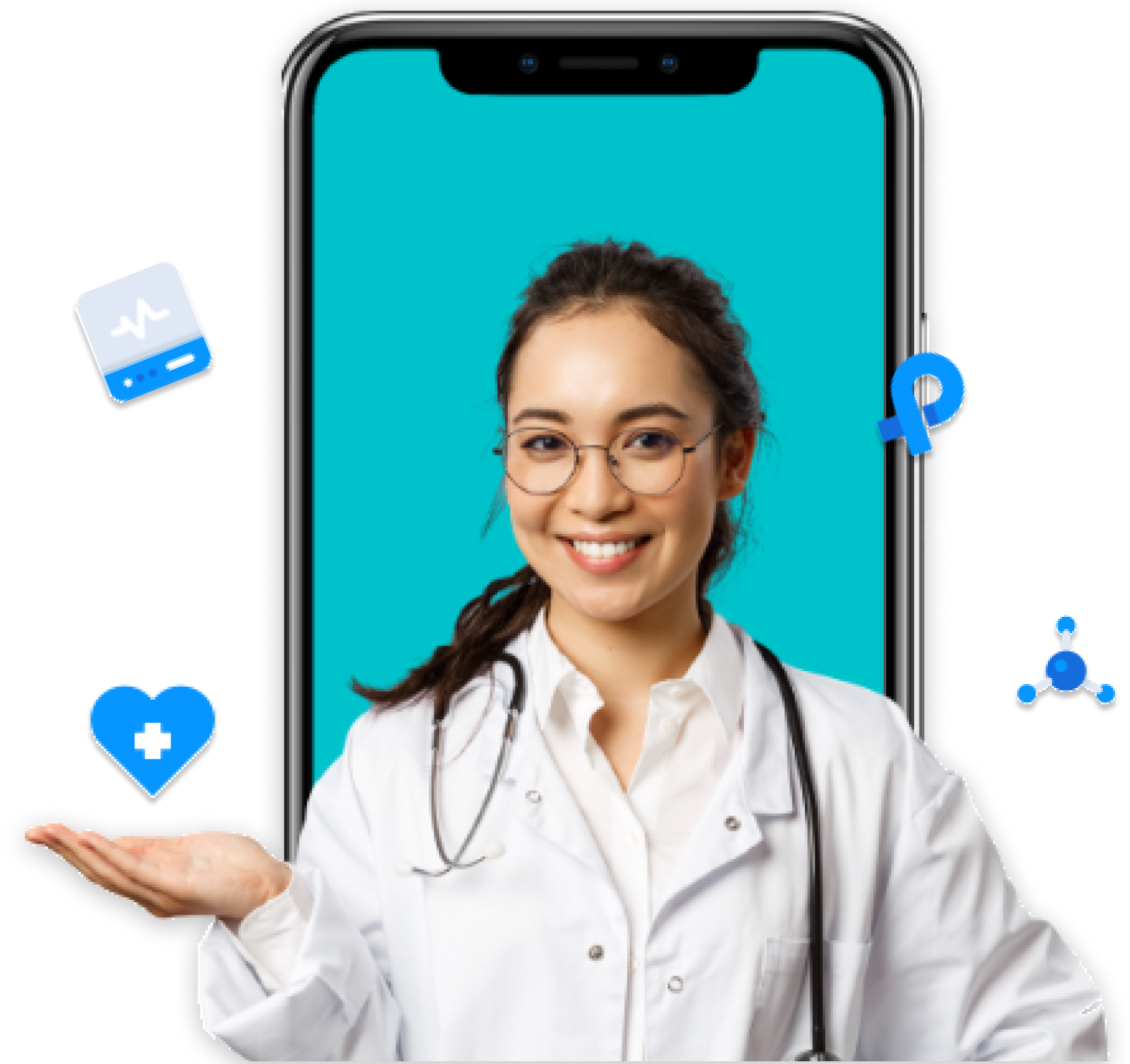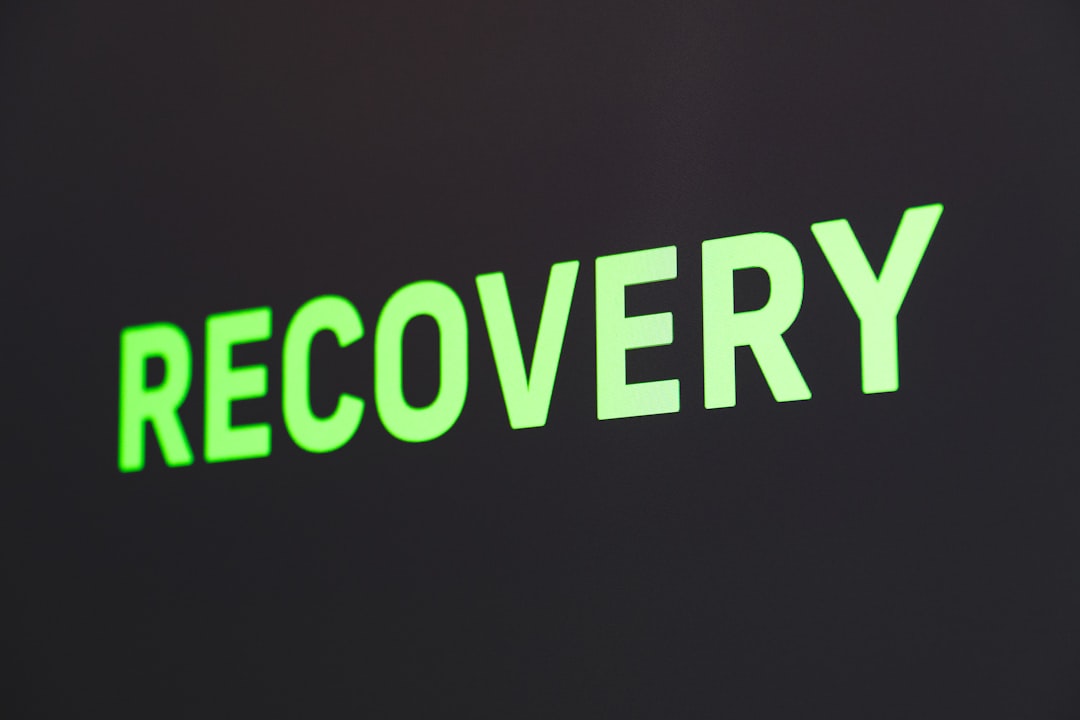Getting Started with Opioid Addiction Treatment in Virginia
Opioid addiction treatment Virginia offers multiple pathways to recovery. If you need immediate help, your main options include:
- Community Services Boards (CSBs): State-funded local treatment centers.
- ARTS Program: Expanded Medicaid coverage for comprehensive addiction treatment.
- Office-Based Addiction Treatment (OBAT): Private clinics offering Suboxone and other medications.
- Telemedicine Services: Remote treatment from home for privacy and convenience.
- VA Programs: Specialized services for veterans.
Available treatments range from Medication-Assisted Treatment (MAT) with Suboxone, methadone, or Vivitrol to outpatient counseling, inpatient care, and crisis services. Virginia’s Addiction and Recovery Treatment Services (ARTS) program, launched in 2017, significantly expanded access for Medicaid members by covering a full range of services.
Finding the right treatment can feel overwhelming, but Virginia has a network of resources to help at every stage. Whether you have private insurance, Medicaid, or need sliding-fee services, options exist.
I’m Chad Elkin, a board-certified addiction medicine physician and founder of National Addiction Specialists. With over 15 years of experience, including in Virginia, my expertise in opioid addiction treatment Virginia involves developing telemedicine programs and improving access to evidence-based care.
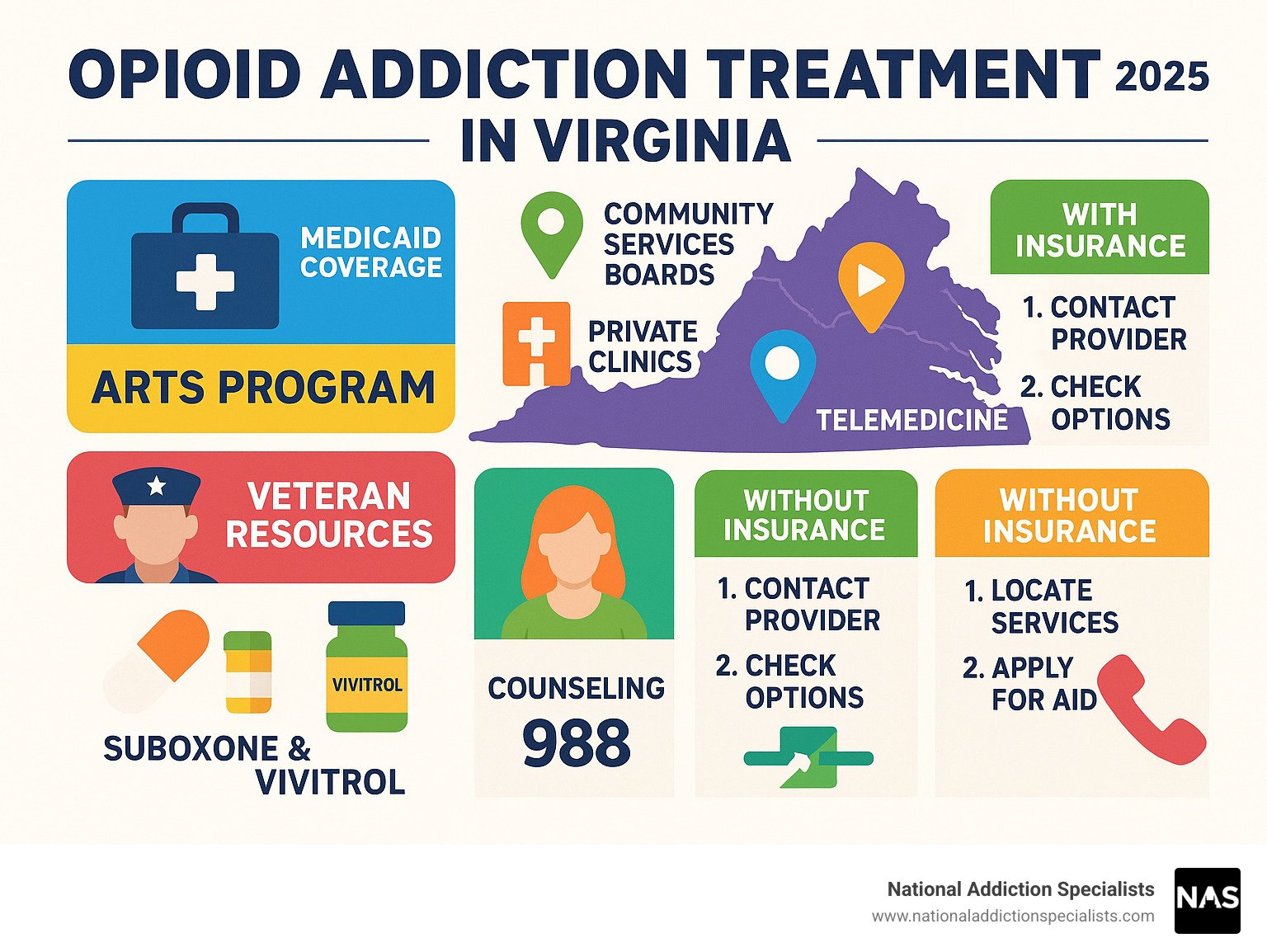
Opioid addiction treatment Virginia terms simplified:
Understanding Opioid Addiction in Virginia
Virginia’s opioid crisis has evolved from prescription pain pills to today’s fentanyl emergency. As an addiction medicine physician, I know that opioid addiction is a treatable medical condition, not a moral failing. The numbers show why opioid addiction treatment Virginia services are essential. The crisis began with prescription opioids like OxyContin, shifted to heroin, and is now dominated by fentanyl, a synthetic opioid 50 to 100 times stronger than morphine that is often mixed into other drugs.
Despite this, opioid addiction responds well to proper treatment. Research from SAMHSA on medication-assisted treatment shows that combining medication with counseling offers the best chance for long-term recovery. Addiction is a chronic medical condition caused by powerful chemicals hijacking the brain’s reward system, and we treat it with evidence-based approaches.
Recognizing the Signs and Symptoms
Spotting opioid addiction can be difficult, as it often begins with a legitimate pain prescription. Here’s what to watch for in yourself or a loved one.
- Physical Symptoms: Look for pinpoint pupils, frequent drowsiness or “nodding off,” slowed breathing, persistent constipation, nausea, and a decline in personal hygiene.
- Behavioral Changes: These may include increased secrecy, hiding medication, withdrawing from social activities, unexplained financial problems, and neglecting work or family responsibilities.
- Tolerance and Dependence: Tolerance means needing higher doses for the same effect. Physical dependence causes withdrawal symptoms when stopping, such as intense cravings, muscle aches, insomnia, diarrhea, and vomiting. Experiencing withdrawal means your brain chemistry has changed and requires medical support to reset safely.
- Overdose Risks: An overdose is a medical emergency. If someone is unresponsive, has slow or stopped breathing, develops blue lips or fingernails, or makes choking sounds, call 911 immediately. Use naloxone (Narcan) if available. Virginia has made naloxone widely available to save lives.
The fear of withdrawal often traps people in addiction. Medical treatment can manage withdrawal safely and comfortably, providing ongoing support for lasting recovery. If you recognize these signs, please don’t wait. Early intervention leads to better outcomes.
Opioid Addiction Treatment Virginia: Available Options
Virginia offers a comprehensive network of treatment options for every stage of the recovery journey. Opioid addiction treatment Virginia provides multiple pathways that address both the physical and emotional aspects of addiction.
Virginia’s system recognizes that recovery is different for everyone. Key options include:
- Detoxification: A medically supervised process to safely clear opioids from your system while managing withdrawal. It’s the first step, not a complete treatment.
- Residential Treatment: Provides 24/7 care in a supportive environment away from triggers, with intensive therapy and medical oversight.
- Outpatient Programs: Allow you to live at home while attending therapy. Intensive outpatient and partial hospitalization programs offer more structured treatment.
- Office-based Addiction Treatment (OBAT): Integrates medication-assisted treatment into regular doctor’s offices, making care more accessible.
- Telemedicine Services: A game-changer for rural areas or those seeking privacy. At National Addiction Specialists, we provide MAT and counseling from home via secure video calls.
Medication-Assisted Treatment (MAT)
MAT is the gold standard in opioid addiction care. The latest research on medication-assisted treatment confirms that combining FDA-approved medications with counseling dramatically improves outcomes. These medications normalize brain chemistry, reduce cravings, and prevent withdrawal, giving you space to heal.
- Methadone: A long-acting medication that reduces cravings. It typically requires daily visits to a specialized clinic, providing structure and stability.
- Buprenorphine: A partial opioid agonist with a lower risk of misuse and overdose. It’s available in several forms:
- Suboxone: Combines buprenorphine with naloxone to deter misuse. It can be prescribed from a doctor’s office.
- Subutex: Contains only buprenorphine, often used during pregnancy.
- Sublocade & Probuphine: Long-acting options (monthly injection and six-month implant, respectively) for steady medication without daily dosing.
- Naltrexone (Vivitrol): Blocks opioid receptors, preventing any effect from opioids. The monthly injection, Vivitrol, is ideal for preventing relapse after detox.
Counseling and Behavioral Therapies
While medication stabilizes the brain, counseling addresses the underlying causes of addiction. The combination is powerful.
- Individual Therapy: A safe space to develop personalized coping strategies.
- Group Counseling: Connects you with peers for shared learning and support.
- Cognitive Behavioral Therapy (CBT): Teaches you to change thought patterns that lead to substance use.
- Contingency Management: Uses positive reinforcement to build healthy habits.
- Family Therapy: Helps repair relationships and build a strong support system.
- Trauma-Informed Therapy: Addresses past painful experiences that often contribute to addiction.
At National Addiction Specialists, our virtual addiction counseling complements our telemedicine-based medication treatment, ensuring you get comprehensive support.
Make an Appointment to Treat Addiction
Please don’t hesitate. Make an appointment today.
Make an Appointment to Treat Addiction
Accessing Treatment Services in Virginia
Navigating opioid addiction treatment Virginia can feel daunting, but the state has a strong network to help, regardless of your financial or insurance situation.
Knowing where to look is key. Virginia offers pathways through both public programs and private providers.
State Programs and Resources
Virginia has invested heavily in making treatment accessible to all residents.
- Community Services Boards (CSBs): These are the local entry point for publicly funded mental health and substance use services. Every city and county has a CSB that can provide assessments, outpatient counseling, and referrals.
- Addiction and Recovery Treatment Services (ARTS): This program dramatically expanded Medicaid coverage for addiction treatment. If you have Medicaid, FAMIS, or FAMIS MOMS, ARTS covers a full continuum of care, from detox to MAT and peer support. The program’s federal waiver is set for renewal to ensure continued services.
- SAMHSA (Substance Abuse and Mental Health Services Administration): This national agency offers a treatment locator tool and a helpline to find certified providers in Virginia.
- State Funding: Beyond ARTS, state funds support treatment initiatives through CSBs and nonprofits, helping cover costs for uninsured individuals.
Find treatment services near you
Private Treatment Centers
Private centers in Virginia offer additional options, often with specialized programs and flexible scheduling.
- Office-Based Treatment (OBAT) and Telemedicine: OBAT brings Suboxone treatment into a doctor’s office setting. At National Addiction Specialists, we take this further with telemedicine services, providing expert care and prescriptions from the privacy of your home. This removes barriers like transportation and childcare.
- Specialized Clinics: Some clinics offer unique approaches, like pharmacogenomic testing or focused care for co-occurring disorders.
- Accreditation: Look for accreditation from CARF or The Joint Commission, which signifies high standards of quality and patient care.
Treatment settings vary by intensity. Inpatient programs offer 24/7 care, while outpatient and telemedicine integrate into your daily life. Our goal is to help you find the most effective option, whether through our telemedicine services or other resources in Virginia’s network.
Make an Appointment to Treat Addiction
Please don’t hesitate. Make an appointment today.
Make an Appointment to Treat Addiction
Support for Veterans and Special Populations
Veterans face unique challenges, including combat exposure and the stress of transitioning to civilian life, which can contribute to substance use disorders. Opioid addiction treatment Virginia offers specialized, compassionate care that understands these experiences.
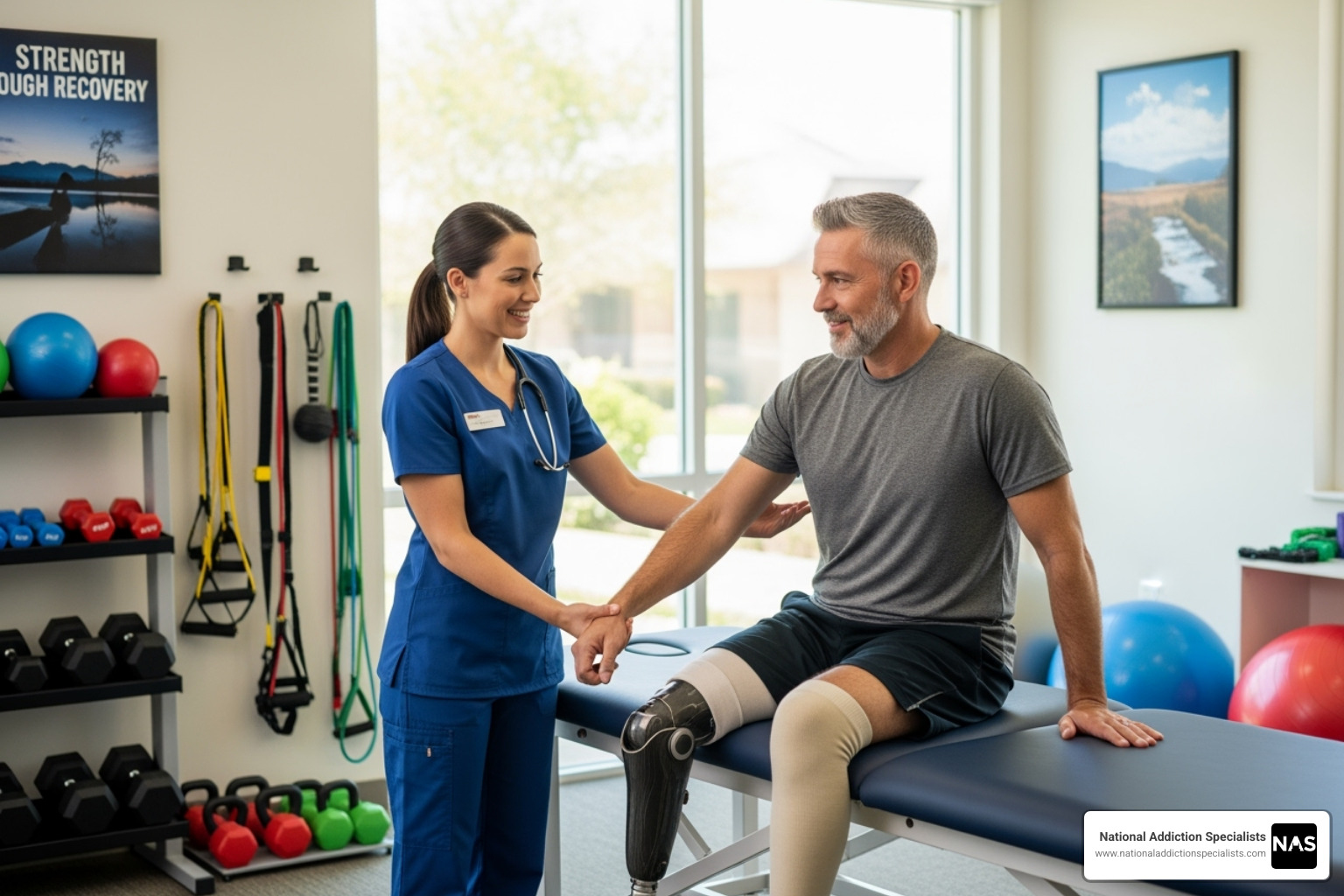
Veterans Affairs Treatment Options
The Department of Veterans Affairs (VA) provides comprehensive substance use disorder treatment designed for eligible veterans, built around an understanding of military culture.
- VA Medical Centers: These centers across Virginia offer a full spectrum of evidence-based treatments, including MAT and counseling custom to military service experiences.
- Dual Diagnosis Programs: A key feature of VA treatment is its ability to address addiction and co-occurring mental health conditions like PTSD, depression, or anxiety simultaneously.
- Vet Centers: These community-based centers offer free, confidential counseling for combat veterans and their families, often serving as a bridge to more formal VA treatment.
- Community Care Program: This program allows eligible veterans to receive treatment from approved local providers at the VA’s expense, expanding access for those in rural areas.
VA mental health services provide more information. The Veterans Crisis Line is also available 24/7.
Family and Caregiver Support
Addiction impacts the entire family. Family involvement improves recovery outcomes, and Virginia has resources to help.
- Family Therapy: Available in most treatment programs, these sessions help repair relationships, improve communication, and teach families how to support recovery.
- Support Groups: Groups like Al-Anon and Nar-Anon offer invaluable peer support, providing a safe space to share experiences with others who understand.
- Educational Resources: Many centers offer programs to educate families about addiction, treatment, and how to provide effective support.
- Crisis Intervention and Boundaries: Families can learn vital skills like administering naloxone (Narcan) and setting healthy boundaries to support recovery without enabling addiction.
Support resources for veterans and their families offer specific information and connections. We encourage family members to seek their own support, as their well-being is crucial to the recovery journey.
Frequently Asked Questions about Opioid Treatment in Virginia
It’s normal to have questions when considering opioid addiction treatment Virginia. Here are answers to common concerns.
How much does opioid addiction treatment cost in Virginia?
Costs vary widely. Residential treatment can range from $5,000 to $30,000+ for 30 days, while outpatient programs are more affordable. For MAT services like ours, costs depend on insurance and pharmacy, with visits typically from $0-$300. Fortunately, Virginia’s ARTS program provides comprehensive coverage for eligible Medicaid members. Most private insurance plans also cover addiction treatment, but you should call your provider to confirm your specific benefits.
What should I look for in a quality treatment program?
Focus on these key factors:
- Evidence-Based Treatment: The program should offer Medication-Assisted Treatment (MAT).
- Individualized Plans: Care should be custom to your unique needs, including co-occurring conditions.
- Qualified Staff: Look for licensed professionals with experience in addiction medicine.
- Comprehensive Care: The program should address mental, physical, and social health.
- Aftercare Planning: Quality programs help you plan for ongoing support after treatment.
- Accreditation: Look for certification from CARF or The Joint Commission.
- Telemedicine Options: Virtual care, like our services at National Addiction Specialists, offers convenience and accessibility.
How do I access treatment without insurance?
Options are available. Community Services Boards (CSBs) are your primary resource for low-cost or free services. Many treatment centers offer sliding fee scales based on income or have grants to help uninsured individuals. Ask about payment plans. Telemedicine can also be a lower-cost option.
What should someone do in case of an opioid overdose or crisis?
This is life-or-death information. Call 911 immediately. If available, administer Naloxone (Narcan), a safe overdose reversal medication. Give another dose in 2-3 minutes if there’s no response. Stay with the person until help arrives. Virginia’s Good Samaritan laws protect those who call for help, and naloxone is available at many pharmacies without a prescription.
What ongoing support and aftercare options are available for people in recovery from opioid addiction?
Recovery is a lifelong journey. Ongoing support includes continued MAT, regular outpatient counseling, and peer support groups like NA or Smart Recovery. Recovery housing and alumni programs also provide a supportive environment and network.
How can individuals find local treatment centers and support groups in Virginia?
Start with online searches like “opioid addiction treatment near me Virginia.” The Virginia Department of Behavioral Health and Developmental Services website lists CSBs and licensed providers. SAMHSA’s National Helpline at 1-800-662-HELP (4357) is a 24/7 resource. For convenient telemedicine-based Suboxone treatment, we serve individuals across Virginia at National Addiction Specialists.
What are the latest developments or changes in opioid addiction treatment policy or access in Virginia?
Virginia continues to improve its approach. Key developments include the state’s continued investment in the ARTS program, the expansion of telehealth for MAT and counseling, and increased naloxone access through community distribution. These changes reflect a commitment to accessible, evidence-based solutions.
Conclusion
The path to recovery from opioid addiction can be challenging, but Virginia offers hope through a comprehensive network of treatment and support. Opioid addiction treatment Virginia has evolved to meet you wherever you are in your journey.
From the effectiveness of Medication-Assisted Treatment to the crucial support of counseling, recovery tools have never been more accessible. Virginia’s ARTS program and Community Services Boards ensure that help is available to all, regardless of ability to pay.
Recovery is an ongoing journey, not a destination. Today’s treatment landscape is flexible, with options ranging from residential care to the convenience of telemedicine services that fit your life.
At National Addiction Specialists, we have seen countless individuals transform their lives with our telemedicine-based Suboxone treatment and virtual counseling. We are honored to walk alongside our patients in Virginia as they rebuild their lives from the privacy of their homes.
Your story begins anew with recovery. You deserve to live free from opioid dependence, and effective, compassionate treatment is just a click or call away.
Make an Appointment to Treat Addiction
Please don’t hesitate. Make an appointment today.
Schedule addiction treatment


